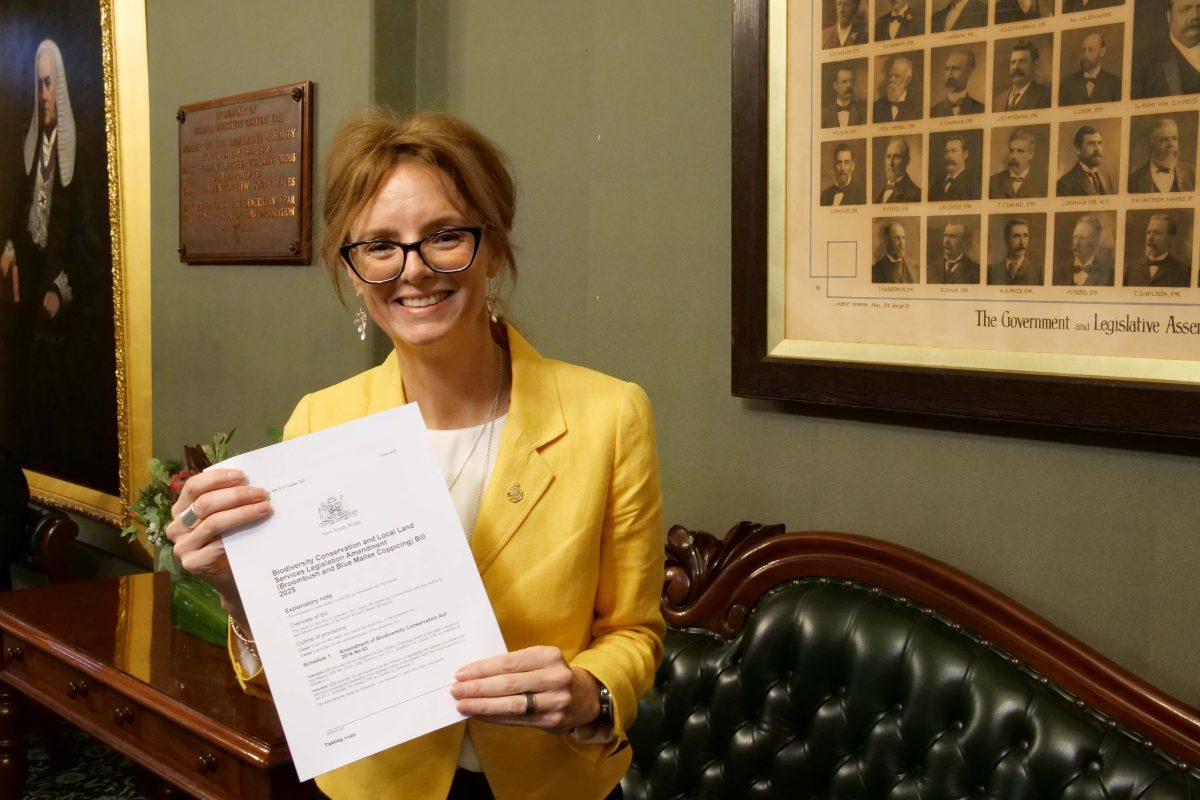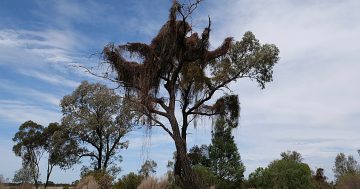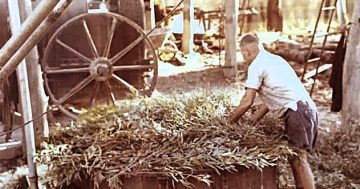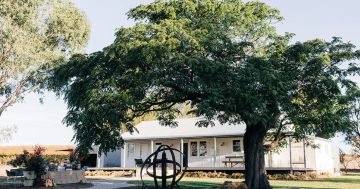
Hope for farmers in the Bland Shire came in the form of a bill introduced to NSW Parliament last week by Member for Cootamundra Steph Cooke, which seeks to restore the traditional practice of coppicing. Photo: Steph Cooke.
The broombush and eucalyptus oil industries in NSW’s Bland Shire could be revived under new legislation introduced to NSW Parliament last week by Member for Cootamundra Steph Cooke.
The Biodiversity Conservation and Local Land Services Legislation Amendment (Broombush and Blue Mallee Coppicing) Bill 2025 seeks to amend existing environmental laws to allow for the lawful harvesting of two native species which have long been vital to local livelihoods.
The practice of harvesting native broombrush (Melaleuca uncinata) and blue mallee (Eucalyptus polybractea) known as coppicing – where a plant is cut back close to ground level resulting in regrowth of young, vigorous stems – dates back to the 1930s in the shire and for several farmers it remains a decades-long way of life.
But, according to Ms Cooke, restrictive mapping and regulation has effectively brought the harvesting of these native species, as well as the eucalyptus oil and broombush industries they support, to a halt.
Under the controversial ‘pink mapping’ system, coppicing has effectively been banned in some areas, with some producers facing legal notices for coppicing on patches of their own land mapped as “pink”.
In NSW, “pink mapping” refers to land classified as Category 2 – Sensitive Regulated Land under the Native Vegetation Regulatory (NVR) map.
This land is shaded pink on the official NVR map and has restrictions on clearing or disturbing native vegetation.
The bill Ms Cooke proposes not only seeks to provide a clear legal definition of ‘coppicing’ but proposes changes to the Biodiversity Conservation Act 2016 and the Local Land Services Act 2013, to enable lawful coppicing of broombush and blue mallee in the Bland Shire by agricultural enterprises.
Ms Cooke has worked closely with local landholders on the ongoing pink mapping issue, recently welcoming more than 40 residents from the West Wyalong region to NSW Parliament to speak directly with NSW MPs.
Ms Cooke said that since October 2024, when coppicing was largely stopped on many properties across the South Western Slopes, the eucalyptus oil and broombush fencing industries were now on the verge of collapse with farmers left with no income.
“Coppicing is a historic and sustainable farming practice that allows native plants to regenerate time and time again,” she told parliament. “For more than a century, this environmentally conscious method has helped put food on the table for farming families across our region.
“This bill is the next big step in allowing hardworking families in the Bland Shire to resume their livelihoods,” Ms Cooke said.
She added that the careful land management practice had also helped protect the native species from invasive threats.
“Local stewardship has shielded broombush and blue mallee from the devastating effects of strangle vine, which smothers native shrubs and prevents their growth,” Ms Cooke said.
Without regular coppicing and active land management, she said strangle vine had spread at an alarming rate – particularly in areas marked on regional maps as ecologically sensitive, where harvesting is restricted.
“This parasitic plant cannot be controlled unless the host vegetation is managed. Without coppicing, there is no management,” Ms Cooke told parliament.
The situation is expected to worsen in spring when the vine goes to seed, she said.
“Strangle vine is catastrophic for our ecosystems, and the longer farmers are prevented from managing their land, the worse the damage will become,” Ms Cooke warned.
Ms Cooke said allegations of illegal land clearing had also deeply affected the mental wellbeing of farmers who had spent decades caring for these plants.
If passed, the legislation would provide a two-year window for farmers to recommence coppicing without the threat of legal action.
Ms Cooke said this would allow the NSW Government time to develop a long-term, sustainable solution that safeguarded the environment and these unique industries.
“The broombush and blue mallee industries are a prime example of sustainable farming and proof of how agriculture and the environment work hand-in-hand,” Ms Cooke said. “As the government continues to seek a solution, landholders are burdened with taxes on unusable land, while workers face dwindling or no income.
“As the Member for Cootamundra, I’m proud to stand with them and call on all members of the NSW Parliament to support this important bill,” she said.
The debate was adjourned and set down for a later date.










